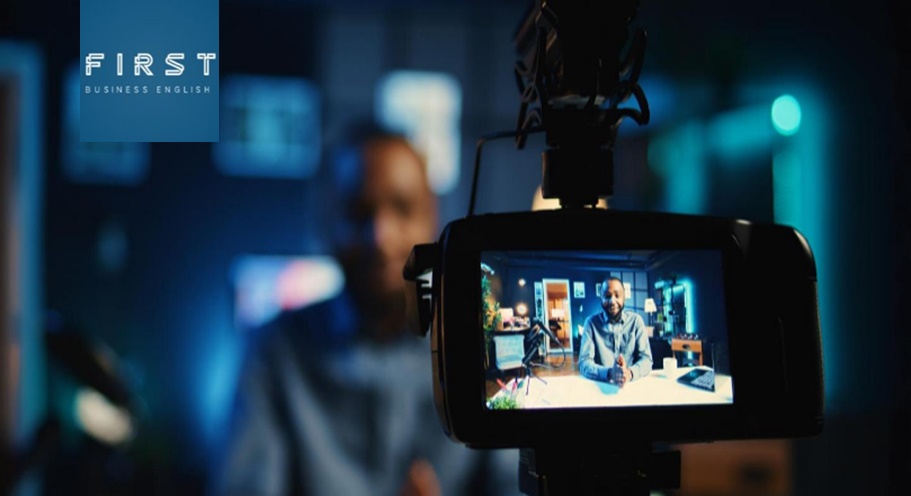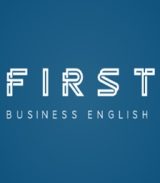
The Future Of Streaming
- Posted by Ryan Anthony
- Categories B1-B2 Lesson Blog, Blog
- Date April 8, 2025
First Business English know that in today’s digital economy, streaming services have changed how we consume media. One of the most well-known companies in this industry is Netflix. Understanding its history and the future of streaming is useful for business professionals working in media, tech, and entertainment sectors. In this First Business English article we briefly look at the history of Netflix and the future of streaming before presenting an example paragraph to give you an idea of what is yet to come for digital streaming services and its impact on consumer trends.
A Brief History of Netflix
Netflix was founded in 1997 as a DVD rental service by mail in the United States. Customers could order DVDs online and receive them at home. In 2007, Netflix introduced video streaming, allowing subscribers to watch movies and series instantly over the internet. This innovation changed the way people watched TV. By the 2010s, Netflix had expanded internationally and began producing original content like House of Cards and Stranger Things. These shows became global hits and helped Netflix stand out from competitors.
Useful Vocabulary:
-
Subscription-Based Model – a payment system where customers pay regularly for access
-
Disruptive Innovation – a new idea or method that changes an industry
-
Content Library – a collection of movies, series, or shows available on a platform
-
Binge-Watching – watching many episodes or shows in one sitting
-
Licensing Agreement – a contract that gives permission to use copyrighted content
Example Phrases:
-
“Netflix disrupted the traditional TV industry.”
-
“The company relies on a subscription-based model.”
-
“They invest heavily in original content.”
The Future of Streaming
The streaming industry is evolving rapidly. Companies like Disney+, Amazon Prime Video, and Apple TV+ are challenging Netflix’s dominance. These platforms are competing for viewers by offering exclusive content, better prices, and global access. The future of streaming may include interactive content, personalized recommendations using AI, and advertising-supported models. Some services are testing live-streaming events or even virtual reality (VR) experiences.
Useful Vocabulary:
-
Competitive Advantage – something that makes a business better than others
-
Market Share – the percentage of sales a company has in an industry
-
Subscription Fatigue – when consumers feel overwhelmed by too many services
-
Monetization – ways to make money from a product or service
Example Phrases:
-
“Streaming platforms are looking for new ways to monetize content.”
-
“Companies are competing for a larger share of the market.”
-
“Personalization will be key to future growth.”
Example Paragraph
Netflix began as a DVD rental company, but it completely transformed its business model by introducing video streaming in 2007. This disruptive innovation helped it become a global leader. Today, Netflix faces strong competition from Disney+, Amazon Prime, and others. To maintain its competitive advantage, the company is investing in local-language content and artificial intelligence to improve user experience. As the streaming market grows, companies must adapt to changing consumer behavior and new technologies. The future will likely include more interactive content and new monetization strategies.
Conclusion
Netflix’s journey shows how innovation and adaptability can drive success in business. For professionals working in tech, media, or marketing, understanding the vocabulary of digital services and streaming is essential for staying competitive in a fast-changing industry. To learn more or to practice your business English language skills simply book a lesson with us at First Business English.
About First Business English
First Business English is a premium business English language online education center that provides individuals and groups the opportunity to learn Business English that enhances their careers and lives through a structured Business English curriculum. Contact Us
Ryan Anthony is an enthusiastic, self-motivated, reliable Online Business English language tutor who is learner focused and highly adaptable. Bachelor of Business Studies Degree educated with extensive IT Support, Call Centre Management, Retail Management and English Language Teaching experience.
You may also like

The Pros And Cons Of Freelancing As A Career

The Effect Of Prices And The Cost Of Living

